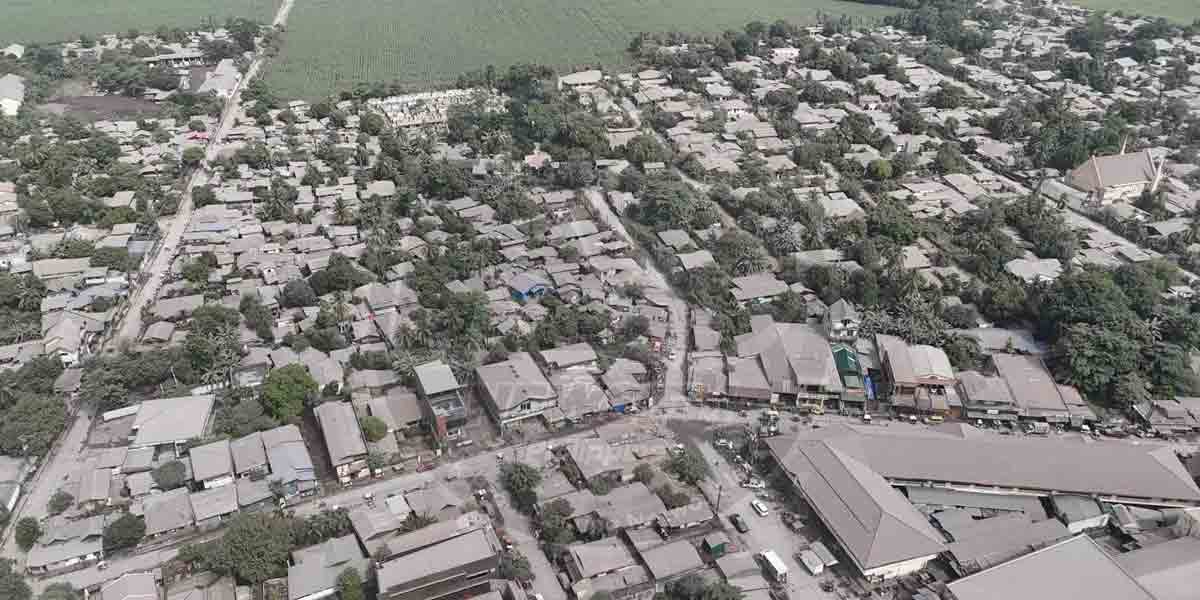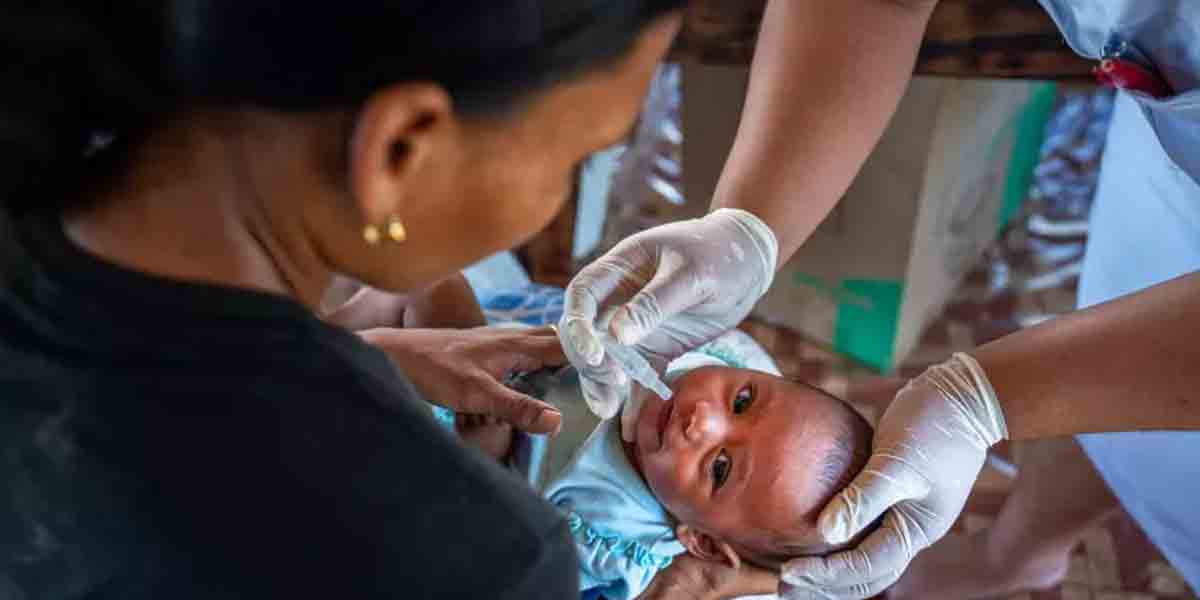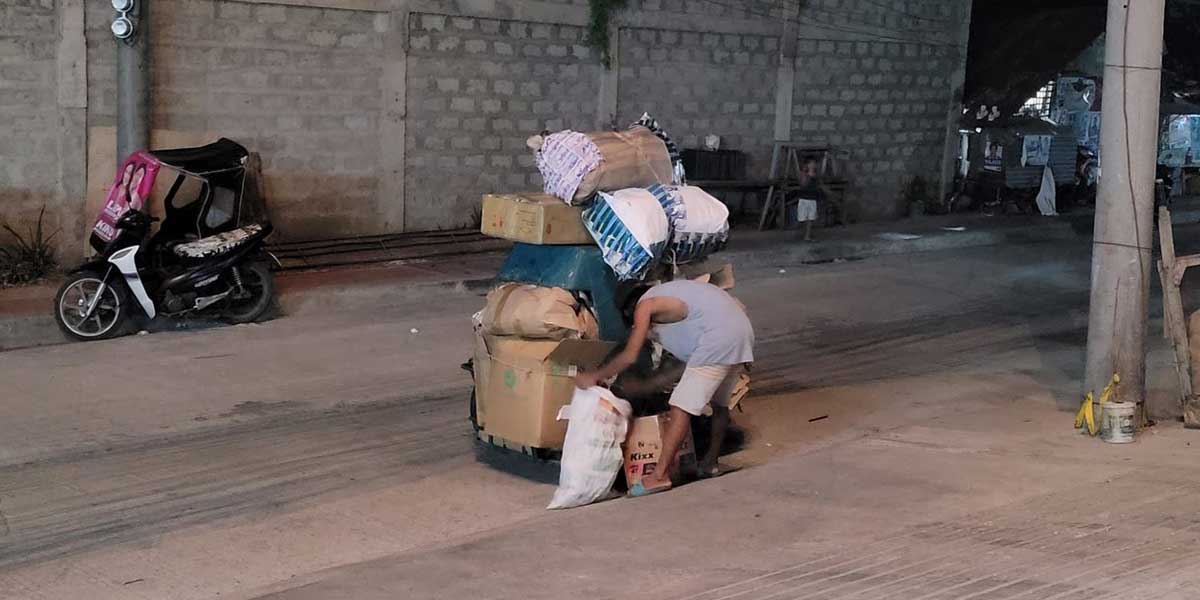
A new study reveals that Filipinos living outside the Greater Capital Region (GCR) significantly lag in credit knowledge and confidence compared to their urban counterparts.
TransUnion Philippines’ second annual Credit Perception Index (CPI) study highlights a growing disparity in how Filipinos understand and view credit, with those in urban areas having a distinct advantage.
The CPI score for the general Filipino population rose by four points to 69 in 2024. However, Filipinos living in the GCR scored 77, while those outside the region scored only 58, underscoring the gap in credit knowledge and perceptions across regions.
The study, which surveyed 1,000 consumers and 200 FinTech professionals, found that the divide widens when comparing urban, suburban, and rural areas. Urban Filipinos, with a CPI score of 79, demonstrated the strongest credit knowledge and trust in financial products, while suburban (57) and rural (48) Filipinos exhibited far lower levels of understanding and confidence.
“Our CPI 2024 reveals significant disparities in credit perception among Filipinos based on community type,” said Weihan Sun, principal of research and consulting for Asia Pacific at TransUnion. “Given that suburban and rural residents rely more on their personal networks for credit information, this may limit their exposure to the latest credit trends and professional insights.”
| Urban residents
(CPI score: 79) |
Suburban
residents (CPI score: 57) |
Rural
residents (CPI score: 48) |
|
| Favorability Inclinations towards credit-based product usage |
70 | 61 | 58 |
| Product Trust
Trust in credit-based products |
73 | 63 | 61 |
| Concept Knowledge Understanding credit as the ability to acquire goods or services with payment to be made later |
73 | 67 | 63 |
| Product Knowledge Awareness of credit-based products such as credit cards, loans, and installment payments |
70 | 59 | 51 |
Non-GCR Filipinos are those residing outside the cities and municipalities that make up Metro Manila.
Urbanized areas are fully developed areas within the provinces in the Philippines while sub-urban areas are developing areas within the provinces in the Philippines.
Rural areas are undeveloped areas within the provinces in the Philippines.
Urban residents primarily get their credit information from social media (65%) and banks (59%), whereas suburban and rural residents rely more on family and friends, which may limit their exposure to professional financial insights. In suburban areas, 63% turn to their personal networks for credit knowledge, while the figure is 60% in rural areas.
Trust in credit products also differs. While 73% of urban Filipinos expressed trust in credit-based products, the trust level dropped to 63% in suburban and 61% in rural areas. Awareness of specific products like credit cards and loans also varied significantly, with urban residents scoring 70 in product knowledge, compared to 59 in suburban and 51 in rural areas.
Urban Filipinos also lead in financial confidence. More than 84% of urban residents say they have a solid understanding of their finances, and 74% can easily meet their daily needs. In contrast, 65% of suburban and only 55% of rural Filipinos report similar confidence levels. Additionally, 62% of suburban and 65% of rural Filipinos struggle with limited funds at the end of each month.
A significant gap in credit card ownership also emerged. While 51% of urban Filipinos own credit cards, the percentage falls to 30% in suburban areas and 21% in rural communities.
“Credit card ownership and trust are essential factors that influence financial confidence,” said Sun. “With fewer Filipinos outside urban areas owning credit products, they may feel less secure about their financial standing.”
The study highlights the need for more targeted financial education initiatives. Sun emphasized the importance of both public and private sector efforts in promoting financial literacy among rural and suburban communities to close the gap.
Collaboration and Education for Financial Inclusion
TransUnion stressed that improving credit knowledge among Filipinos in suburban and rural areas requires a coordinated approach involving various sectors. “Collaboration is key to ensuring equitable financial inclusion across the country,” Sun said. “We are committed to working with rural banks and launching information campaigns to help Filipinos outside urban areas access better financial opportunities.”
The company aims to partner with local banks and financial institutions in rural areas to provide the latest market insights and data-driven education campaigns. These initiatives will focus on promoting a deeper understanding of credit products, such as loans and credit cards, while highlighting the potential benefits of responsible credit usage.
“We provide the latest market updates and data-driven insights, and create information campaigns targeting the greater population. With regional economies heading in a positive direction, through education and collaboration, we can help ensure no Filipino gets left behind in the progress towards a more financially inclusive nation where everyone is empowered to build better lives,” Sun added.
The need for collaboration between the public and private sectors has become more evident with the CPI study showing that financial inclusion remains a challenge for many Filipinos. While urban residents enjoy easier access to credit products, rural populations often lack exposure to professional financial insights, relying instead on informal networks.
TransUnion believes that a comprehensive effort, including targeted financial education programs and increased access to credit, will support regional economic growth and empower Filipinos across different community types to achieve financial resilience.
The company plans to monitor the progress of these initiatives and continue its work to bridge the knowledge and access gaps through future iterations of the CPI study.






















